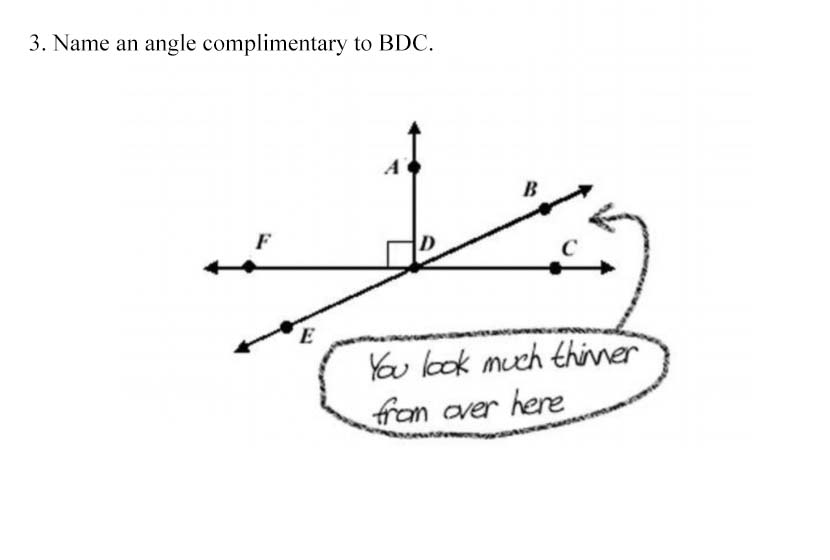Almost half the adults in England only have the maths skills of a primary school child, according to a report out today.
Figures show that while literacy rates are improving, the number of adults who have numeracy skills no better than those expected of an 11-year-old has shot up from 15 million to 17 million – 49 per cent of the adult population – in the last eight years.
Part of the problem, according to National Numeracy, a new charity launched today, is that it has become socially acceptable to boast of poor mathematical skills.
The consequences are jeopardising both the economy and individuals' ability to understand the pay and deductions on their wage slips.
Chris Humphries, chairman of National Numeracy and former chief executive of the UK Commission for Employment and Skills, said: "It is simply not acceptable for anyone to say 'I can't do maths'.
"It is a peculiarly British disease we aim to eradicate. It tends not to happen in other parts of the world and it's hitting our international competitiveness."
A poll carried out for the new charity of 2,000 adults by YouGov found that while 80 per cent would be embarrassed to tell someone they were bad at reading and writing, only slightly more than half (56 per cent) would feel ashamed to say they were bad at maths.
Yet Mr Humphries insisted that numeracy was, in fact, more important than literacy to one's future, as demonstrated by three recent studies.
"All three concluded that numeracy was a bigger indicator of negative outcomes than literacy," he said. "This was a bit of a surprise to the basic skills world but not to us. There is a strong correlation between lack of numeracy and multiple disadvantages."
He added: "People with poor numeracy are twice as likely to be unemployed while 65 per cent of young people in jail have the lowest levels of numeracy."
He put the problem down to the fact that improvements in basic skills had focused on literacy, partly because a large publishing industry was prepared to invest in improving reading skills while further education colleges struggled to find enough maths teachers.
"There are not enough well-trained numeracy teachers. Those with a strong background in mathematics have far better opportunities outside teaching".
Mass use of calculators only had a limited effect, added Mr Humphries. "Even with calculators they can't do these problems because they don't have enough understanding to interpret problems or analyse them," he said.
Sir Mike Rake, the chairman of BT, said compared with literacy, "numeracy may be an even clearer indicator of economic and personal success."
Case study: 'I struggled to the point that I was crying'
Paula Rodrigues, 35, a mother-of-three from London. She studied maths GCSE at City and Islington College.
"When my children went to school I went to work in a hospital. I went for the interview and I passed the reading test so they gave me the job. But I struggled with the basic maths test to the point that I was crying. It was terrifying and embarrassing. I wanted to get a job as a teaching assistant, but I couldn't get an interview without maths. Studying maths was hard at first. I never thought I could do it. My daughter is now doing GCSEs so I can help her. I can apply for jobs and it has changed everything"
Number crunching: You take the test.
1. Screws come in packets of 30. Each bracket needs four screws. What will one packet of screws be enough for?
A: 6 brackets with 3 screws left over; B: 7 brackets with 2 screws left over; C: 7 brackets with 3 screws left over; D: 8 brackets exactly.
2. John has planned to build a new TV cupboard. A TV is 40cm wide and will sit in the middle of a shelf that is 900mm wide. How wide is the gap on each side of the TV?
A: 10cm; B. 25cm; C. 43cm; D. 50cm
3. Match these discounts with the following labels:
1. £300 reduced to £180
2. £240 reduced to 160
3. £350 reduced to £280
Labels: A. Amazing 1/3 off! B. Massive 20% off! C. Slashed by 30%! D. Reduced by 40p in the £.
Answers: 1.B, 2.B, 3.(1-D; 2-A; 3-B)
Richard Garner, The Independent


